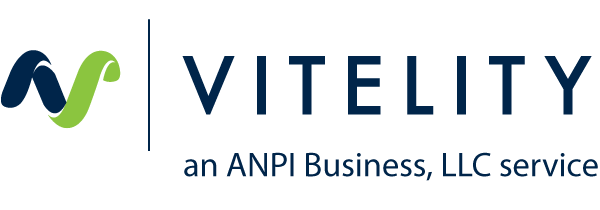As part of STIR/SHAKEN compliance, Vitelity will sign and provide attestation for outbound call services. Signing will use a Vitelity certificate with unique customer identification so any complaints submitted to our robocall mitigation process via industry channels can be traced to specific customers on the Vitelity platform. If a customer chooses to self-sign calls, we will pass through attestation headers. Inteliquent can alternatively provide hosted STIR/SHAKEN services (where we would sign on your behalf with your certificate), but this is not supported on the Vitelity platform and your service would need to be migrated to the Inteliquent platform.
Vitelity will provide attestation based on industry requirements. Calls without valid originating numbers — either missing or an incorrectly formatted number (not 10-digits) — will be assigned a customer specific BTN signaled in the p-asserted identity SIP header and provided an attestation.
Vitelity could change attestation based on complaints received via industry robocall mitigation channels, with any attestation change affecting all traffic originating from the account in question.
For inbound calls, we will provide the option of passing the verstat ID in signaling, and the option to provide signed call delivery indication via CNAM presentation, which will be included at no charge for anyone who is subscribing to our inbound CNAM service. Additional call treatment features are under development and will be made available later as a value-added service. Release notes will be posted when these features are available.
If you’re not a wholesale partner or value-added reseller and are a Vitelity platform end user, STIR/SHAKEN support is included at no charge. For wholesale partners or value-added resellers, we are including STIR/SHAKEN support through the end of the calendar year at no charge.
STIR/SHAKEN Deadlines for All Voice Service Providers
On April 20, 2021, the FCC Wireline Competition Bureau announced in a Public Notice the availability of the Robocall Mitigation Database for voice service providers to file certifications of their implementation of the STIR/SHAKEN caller ID authentication framework. They also provided detailed filing instructions and established a deadline of June 30, 2021 for all voice service providers to submit the required information to the Database. Any voice service provider providing end user services must register with the FCC Robocall Database.
The FCC has clarified “all voice service providers — not only those granted an extension” are required to file certifications in the Database.
The FCC requires:
- All voice service providers to certify their traffic is either fully, partially or not yet signed with STIR/SHAKEN.
- For voice service providers certifying “some or all” of the calls they originate, they are subject to a Robocall Mitigation Plan (RMP). Such providers must submit additional information with their certifications including the type of extension or extensions received under the FCC rules, specific reasonable steps taken under an RMP to avoid originating illegal robocalls, and a commitment to respond to traceback requests and to cooperate with investigating and stopping illegal robocalls.
- All certifications must be signed by an officer in conformity with FCC Rule 1.16.
Equally important as the June 30, 2021 deadline for Database submission, intermediate providers and terminating voice service providers will be prohibited from accepting traffic from voice service providers not listed in the Robocall Mitigation Database as of September 28, 2021.
STIR/SHAKEN certification and Robocall Mitigation Program requirements are not applicable to Vitelity retail customers that are consuming Vitelity services as an end user.
Helpful Resources
- Certifications, identification information and contact information must be submitted via the FCC portal on or before June 30, 2021.
- The FCC provides instructions for submitting a certification.
- The Robocall Mitigation Database is publicly available on the Commission’s website.
- A list of voice service providers that have submitted certifications is published as a .csv file and may be downloaded at any time.
- What is STIR/SHAKEN?
- What is attestation?
- What is out-of-band authentication?
If you have STIR/SHAKEN compliance questions, we have experts ready to guide you. Ask us for help.
